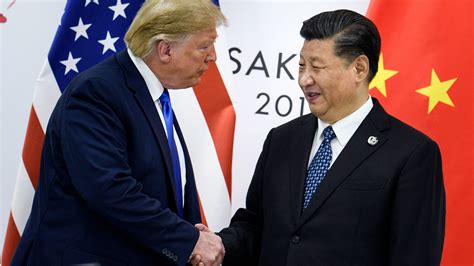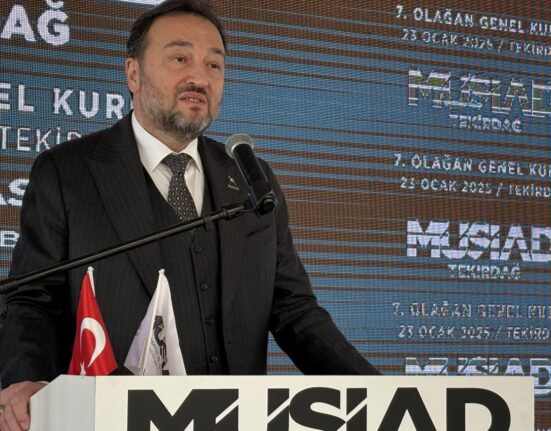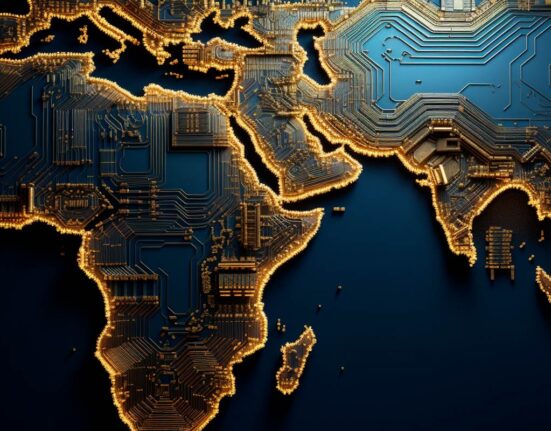U.S. President Donald Trump’s approach to handling China has been a topic of great interest, especially with the varying perspectives within his inner circle. Let’s delve deeper into the key figures shaping this crucial aspect of U.S.-China relations.
—
Elon Musk: A Key Middleman for Dialogue
Elon Musk, known for his innovative ventures like Tesla and SpaceX, has emerged as a central figure in facilitating communication between the Trump administration and Beijing. With extensive business interests in China, including Tesla’s operations in Shanghai, Musk’s role extends beyond just commerce. His recent meetings with high-ranking Chinese officials underscore his potential influence in fostering bilateral discussions.
—
David Perdue: The Pragmatic Ambassador
As Trump’s choice for U.S. ambassador to China, David Perdue brings a wealth of experience from his time living in Hong Kong and his background in business. Despite past criticisms of China on various fronts, Perdue is seen as someone who could potentially bridge gaps and bring stability to the often tumultuous U.S.-China relationship.
—
Howard Lutnick: Tariff Advocate Under Scrutiny
The nomination of Howard Lutnick as Commerce Secretary raises eyebrows due to his vocal support for tariffs despite having financial ties with China through his business ventures. The intricacies of navigating export controls while maintaining beneficial relationships with Chinese entities pose a unique challenge for Lutnick if confirmed.
—
Mike Waltz: Balancing Hawkishness with Compromise
With a strong stance against Chinese human rights violations and advocacy for regional security alliances, National Security Adviser Mike Waltz embodies a hawkish approach towards China. However, recent indications of potential compromises highlight the complexity of formulating policies that safeguard both national interests and international partnerships.
—
Marco Rubio: A Vocal Critic on Global Stage
Secretary of State Marco Rubio’s unwavering criticism of China has made him a prominent figure in shaping U.S. foreign policy towards Beijing. From sanctions to legislative actions targeting Chinese practices, Rubio remains steadfast in highlighting what he perceives as threats posed by China across various domains.
Each member of Trump’s inner circle offers a distinct viewpoint on how best to navigate the complex landscape of U.S.-China relations. As these individuals assume their respective roles within the administration, their interactions and decisions will undoubtedly play a pivotal role in shaping future diplomatic engagements between two global powerhouses.









Leave feedback about this